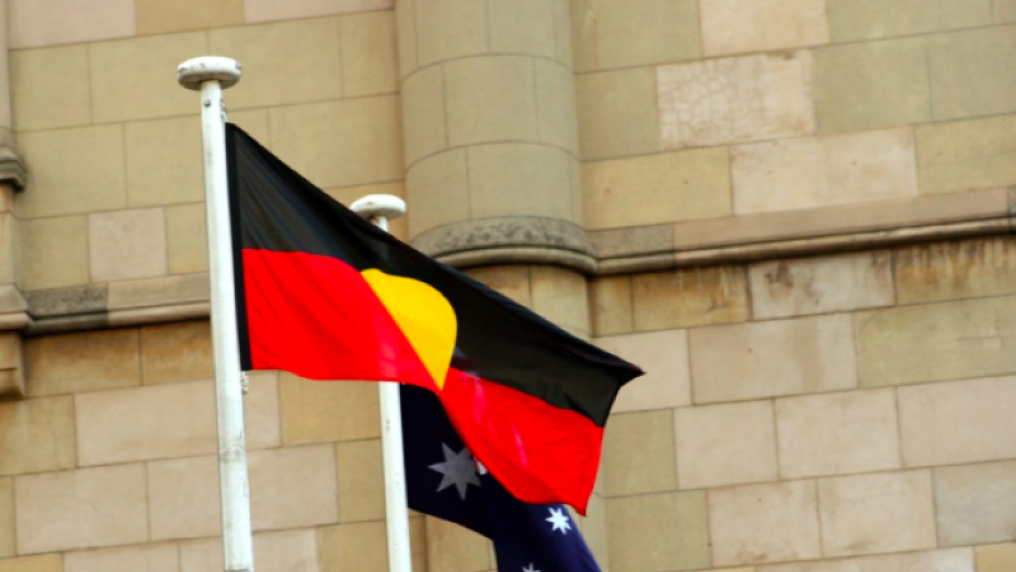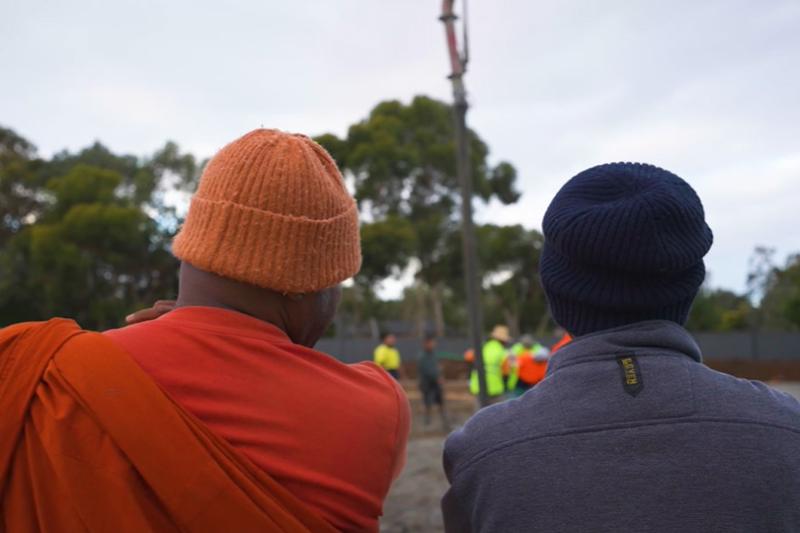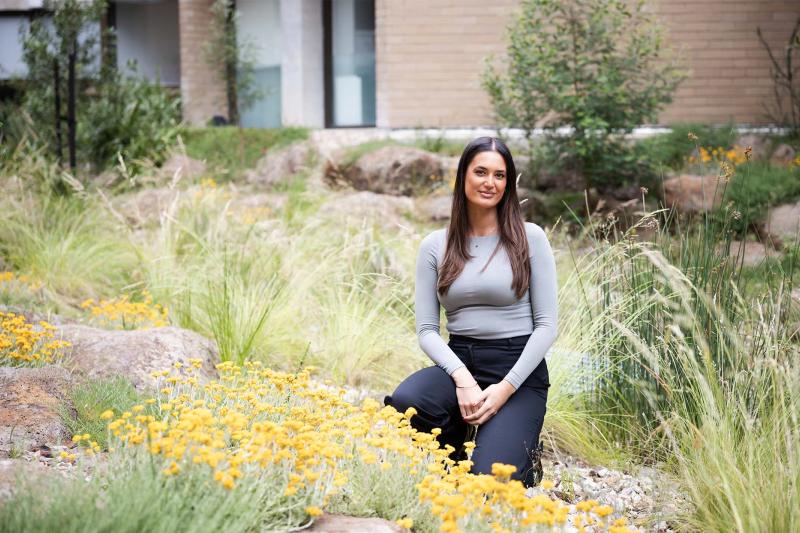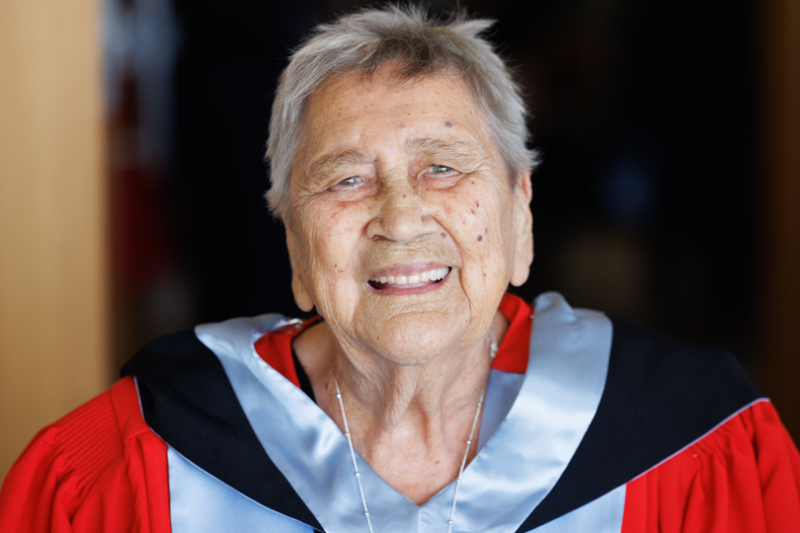Research offers opportunity for Koori Court creators to pass on knowledge

Victoria University's Sir Zelman Cowen Centre (SZCC) will document the experiences of key players who helped establish Victoria’s Koori Court nearly 20 years ago for an Australian Research Council oral history project.
The Court was established in 2002 to help reduce recidivism among Indigenous offenders and bring the cultural knowledge of Aboriginal Elders to bear in sentencing. The Koori Court is one of the Victoria’s biggest justice systems reforms, and represents a turning point in Indigenous, legal and Australian history.
SZCC Director and project coordinator, Professor Kathy Laster said Ngarnga Nanggit, which in Woirwurrung language means ‘wisdom of the Elders’, is an intergenerational oral history of the Koori Courts.
It is the first historical study to tell the story of the courts from the perspective of those directly involved in establishing and running them.
The study will advance understanding of the role of the Koori Courts in improving Indigenous justice and in supporting Indigenous self-determination.
“Previous research has looked at the impact of the Koori Courts on participants, but there has been no systemic historical account of the policy, processes and political and social context that led to its development,” she said.
Study will result in a touring exhibition
There are now 12 Koori Courts in Magistrates' Courts around the state, as well as in the Children’s Courts at Melbourne and Mildura, and County Courts in Latrobe Valley, Melbourne, Mildura, Shepparton and Warrnambool. Aboriginal Elders sit with the Magistrate, and together with a Koori Court officer, try to unravel the causes and possible solutions to offending through culturally appropriate sentencing.
The three-year study, which will also involve Court Services Victoria, and the Royal Historical Society of Victoria, will result in a touring exhibition and several academic journal articles.
SZCC will also provide one PhD and one masters scholarship for Aboriginal students to interview Indigenous Elders, judicial officers, politicians and policy-makers who were involved with the Koori Court to help build the capacity of Indigenous researchers.
Professor Laster says there is some urgency around the project given the age of many of the Indigenous Elders who were involved in establishing the Court.
The project will provide an intergenerational learning opportunity for Indigenous Elders to pass on their knowledge and experience to future Indigenous leaders, she said.
Apart from creating an archival record of the development and early challenges of the Koori Court in Victoria, the project will also explore some key research questions with the aim of improving the role of Indigenous justice in Australia.
Research launch coincides with SZCC Oration 2021
The Advisory Board for the project includes senior Indigenous leaders, including Andrew Jackomos, head of the Koori justice units when the Court was established, and Magistrate Rose Falla, daughter of one of the first Koori Court elders, Kevin Coombs.
Emeritus Professor Richard Broome, an authority on Aboriginal history and President of the Royal Historical Society of Victoria Council, is a co-investigator on the project, as is SZCC Adjunct Professor Anne Wallace.
The SZCC will launch the project on 23 June to coincide with the SZCC Oration 2021 featuring Indigenous academic Professor Larissa Behrendt.
Register to attend the free livestreamed event.
Contact us
Sir Zelman Cowen Centre
[email protected]


